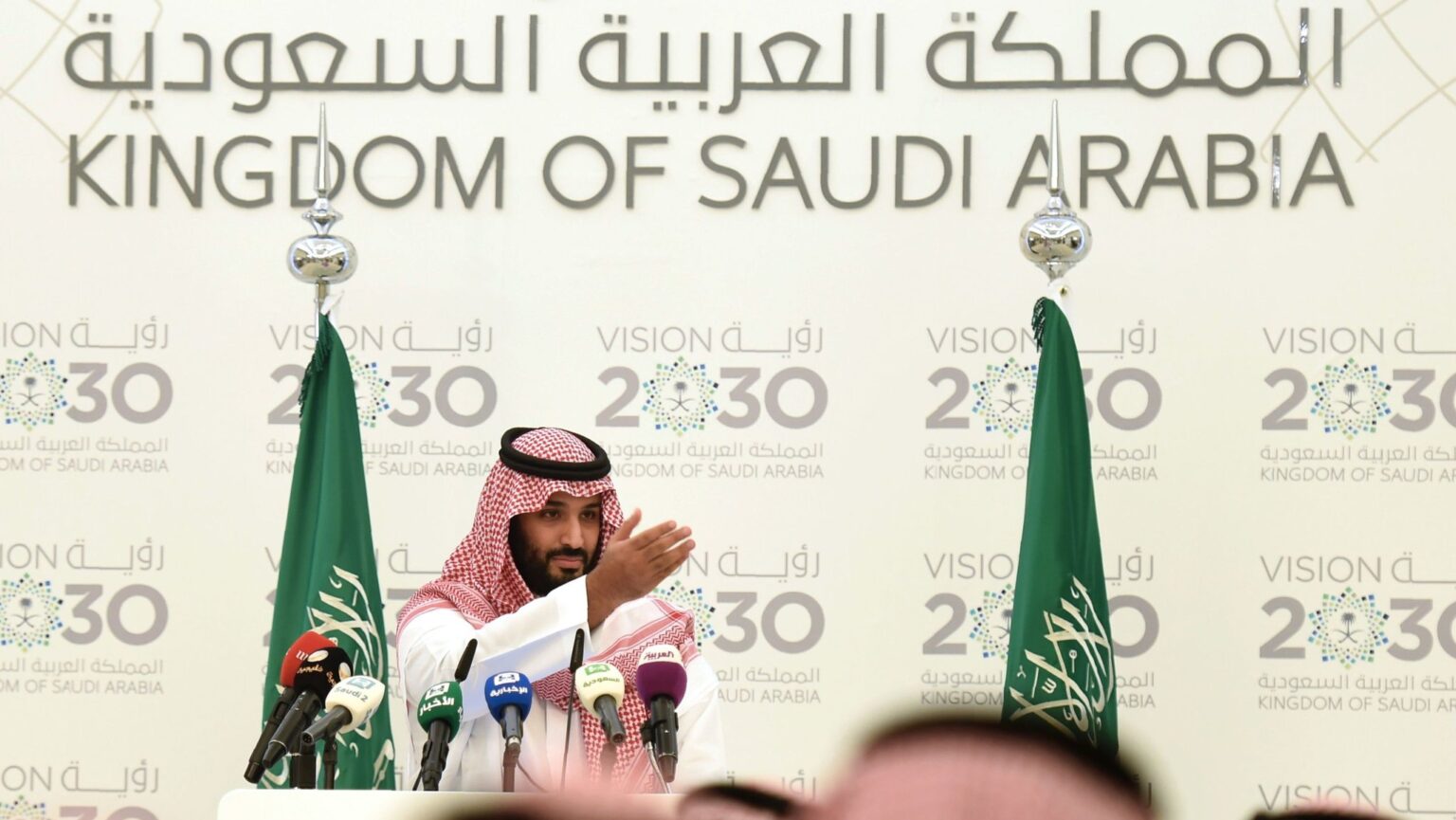Saudi Arabia is going through a bold transformation. How Vision 2030 is reshaping Saudi Arabia’s business landscape is a story of ambition, diversification, and modernisation. This government-led initiative is not just a vision—it’s a roadmap changing how businesses operate, grow, and compete in the Kingdom.
What Is Vision 2030?
Vision 2030 is a strategic plan launched by Crown Prince Mohammed bin Salman in 2016. Its main goal is to reduce Saudi Arabia’s dependency on oil, diversify its economy, and develop public sectors like health, education, infrastructure, recreation, and tourism.
It aims to build a vibrant society, a thriving economy, and an ambitious nation. For businesses, this means new opportunities, reduced bureaucracy, and a shift toward innovation, entrepreneurship, and global integration.
Why Vision 2030 Matters to Businesses

The business landscape in Saudi Arabia has long been oil-centric. However, with Vision 2030:
- Oil dependency is being reduced.
- Private sector growth is encouraged.
- Foreign investment is welcomed.
- Women’s participation in the workforce is expanding.
- Tech, tourism, and entertainment sectors are booming.
Let’s look at how these changes are affecting real businesses.
7 Ways Vision 2030 Is Reshaping Saudi Arabia’s Business Landscape
1. Privatization Is Creating New Business Avenues
Vision 2030 has set a target to privatize more than 160 government services across sectors such as energy, water, education, and healthcare.
This allows private companies—both local and international—to enter spaces that were previously government-controlled. For instance, the partial IPO of Aramco opened up the energy sector to public shareholders, showing confidence in long-term reform.
2. Non-Oil Sectors Are Thriving
One of the core goals of Vision 2030 is economic diversification. This has resulted in huge investments in:
- Tourism (e.g., the Red Sea Project, NEOM, AlUla)
- Technology (with major events like LEAP attracting global tech leaders)
- Logistics and Transportation
- Entertainment (e.g., concerts, cinemas, sports events like Formula E)
These sectors are seeing double-digit growth, creating thousands of new jobs and business opportunities.
3. Foreign Investment Is Now Easier Than Ever
Saudi Arabia’s General Investment Authority (SAGIA), now part of the Ministry of Investment, has made it easier for foreign businesses to set up operations.
Changes include:
- 100% foreign ownership allowed in most sectors
- Simplified business licensing procedures
- Strategic investment partnerships in megaprojects
In 2023, the Kingdom attracted over $30 billion in foreign direct investment (FDI)—a record figure driven by trust in Vision 2030 reforms.
4. SMEs and Startups Are Getting Stronger Support
The Saudi government has launched several programs to support small and medium enterprises (SMEs):
- Monsha’at: Offers mentoring, funding, and licensing support
- Fintech Saudi: Helps tech startups in the finance sector
- Saudi Venture Capital Company: Provides early-stage funding
More than 650,000 SMEs were operating in Saudi Arabia by the end of 2023—a 68% increase from 2016.
5. Women Are Entering the Workforce Like Never Before
One of the most transformative changes in the business environment is the growing role of Saudi women.
Thanks to Vision 2030, women’s labor force participation has jumped from 17% in 2016 to over 36% in 2023. This not only adds talent to the economy but also opens new markets for products and services tailored to women.
From fintech CEOs to startup founders and retail entrepreneurs, women are now key players in the Kingdom’s business scene.
6. Infrastructure Projects Are Driving Local Growth
Mega-infrastructure projects like NEOM, Qiddiya, The Line, and the Red Sea Project are driving a construction and innovation boom.
These developments require everything from engineering and construction to hospitality and clean tech, offering contracting and investment opportunities for both local and international businesses.
Moreover, these futuristic cities are being designed with smart technology, renewable energy, and sustainability at their core—shaping the business ecosystem of tomorrow.
7. A New Digital Economy Is Emerging
Vision 2030 strongly focuses on digital transformation. The National Transformation Program (NTP) is helping build a paperless, digital-first economy.
Key areas of growth:
- E-commerce
- Fintech
- Smart government services
- Artificial Intelligence and Robotics
Saudi Arabia is now one of the fastest-growing digital economies in the MENA region.
Challenges Along the Way
While Vision 2030 is making impressive progress, the transformation is not without challenges:
- Overhauling bureaucracy and regulations is a slow process.
- Businesses may struggle to adapt to rapid change.
- High youth unemployment remains a concern.
- Some reforms face cultural resistance.
However, the government continues to revise policies, listen to investor feedback, and build partnerships to overcome these obstacles.
What Businesses Should Do Now
If you’re a business owner, investor, or entrepreneur, here’s how to position yourself in this evolving market:
Understand the Vision
Study the Vision 2030 framework and identify where your industry fits in.
Watch for Opportunities in Key Sectors
Focus on sectors the Kingdom is investing in: tourism, tech, energy, logistics, and sustainability.
Localize Your Strategy
Adapting your offerings to local culture, values, and language is essential.
Collaborate With Local Partners
Joint ventures or partnerships with Saudi companies can help you navigate regulations and market dynamics more effectively.
Conclusion: A Bold Future for Saudi Business
Vision 2030 is not just a development plan—it’s a revolution in the making. How Vision 2030 is reshaping Saudi Arabia’s business landscape is a story of innovation, investment, and inclusion.
From megaprojects to SME support, and digital transformation to women’s empowerment, the business world in Saudi Arabia is becoming more dynamic, diverse, and competitive than ever before.
For those willing to adapt and invest, the Kingdom offers a rare opportunity to grow in one of the world’s most ambitious economies.
read more- Saudi Arabia Leads Arab Nations Against Trump’s Controversial Gaza Plan



